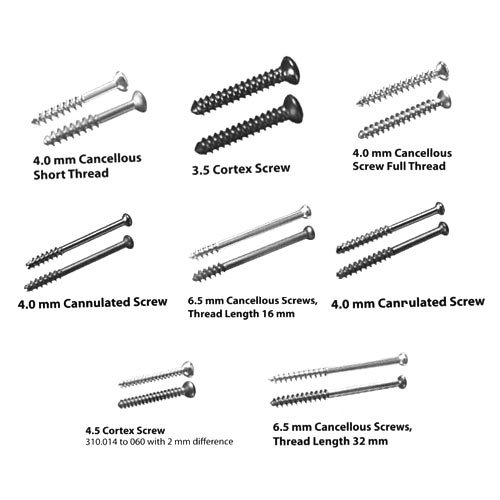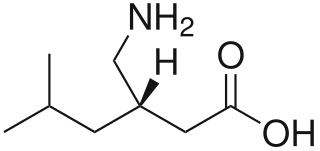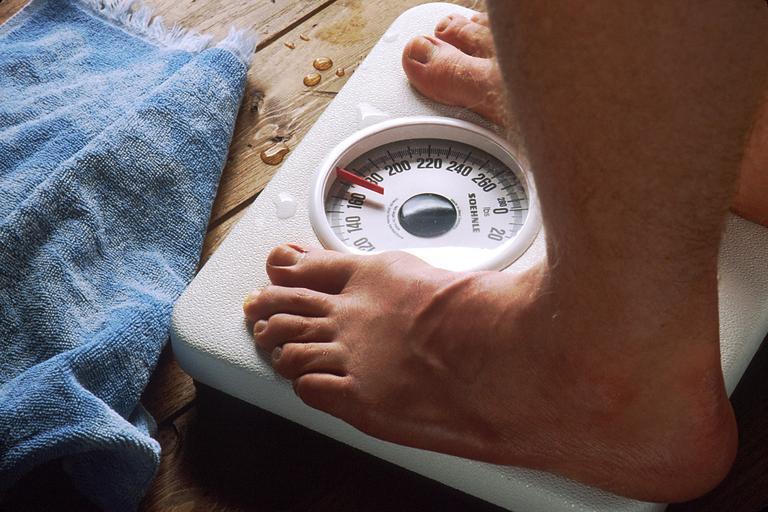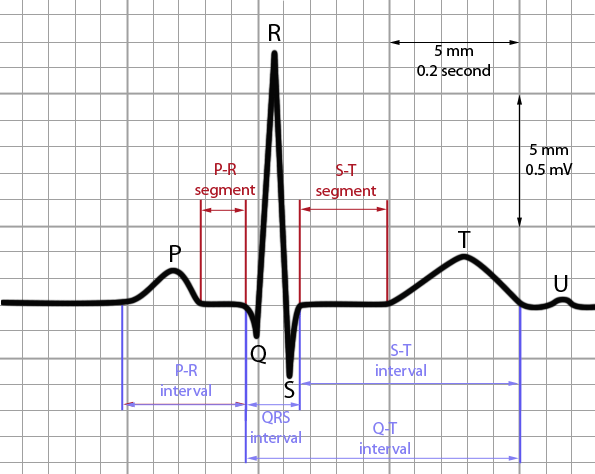Being newly diagnosed with diabetes or looking for a new way to live with your diabetes can be difficult. Fortunately, there are plenty of essential diabetes management tips to help you take a step back and assess your methods. Knowledge is one of the most effective ways to deal with…

Demonic Possession From The Eyes of Science
Several cultures and religions round the globe carry a belief that the humans are capable of being possessed or inhabited by spirits and even the goddess. The ministry of different religions have formulated a set of procedures called exorcism for casting or expelling out the spirit. It comprises of but…

The 4 Essential Equipment Every Pharmacy Needs
There are a lot of things that go into stocking a pharmacy. It takes some very skilled pharmacists to make sure everything is in its place. It takes a lot of equipment to make sure that the prescriptions are taken care of, that the personnel are safe, and that the…

Orthopedic Screw Insertion Mnemonic
Don’t Marry Too Soon DRILL Choose the correct drill bit Insert the drill bit correctly in the chuck Tighten the chuck sufficiently Start the drill home perpendicular to the surface Maintain adequate pressure Maintain the proper direction Irrigation with normal saline should be commenced simultaneously with drilling Keep the drill…

5 Beneficial Supplements That Can Boost Your Overall Health
In today’s chaotic day and age where unhealthy conveniences are everywhere, and healthy options seem few and far between, you might find that you need a little assistance to get your daily nutrients. Supplements are an excellent choice for those with deficiencies and some health ailments. However, they are also…

Pregabalin : Pharmacology
Pharmacokinetics After oral ingestion, Pregabalin is rapidly absorbed (Tmax 1.3 hr) Bioavailability is >90% and independent of dose Pregabalin is NOT protein bound Vd is 0.4 L/kg Serum pregabalin concentrations are linearly related to dosage Pregabalin is NOT metabolized Pregabalin is primarily excreted unchanged in urine (98%) with a clearance…

Diabetic? Understanding Bariatric Surgery To Manage Diabetes
Treating diabetes is a constant struggle for many people. Between dieting and keeping insulin cool, it takes a lot of discipline. Something that prevents a lot of people from managing their diabetes is their weight. It’s a vicious cycle that being obese makes diabetes more serious and at the same…

ECG Guide for Surgeons
There is an old saying that two surgeons and an ECG form a double-blind-study. Then, there’s a protocol for surgeons intended for humor: All spikes up: Operate All spikes down: Call Medics All spikes missing: Recently: Call Anesthetist A long time ago: Complete death certificate So, let’s think of heart…
